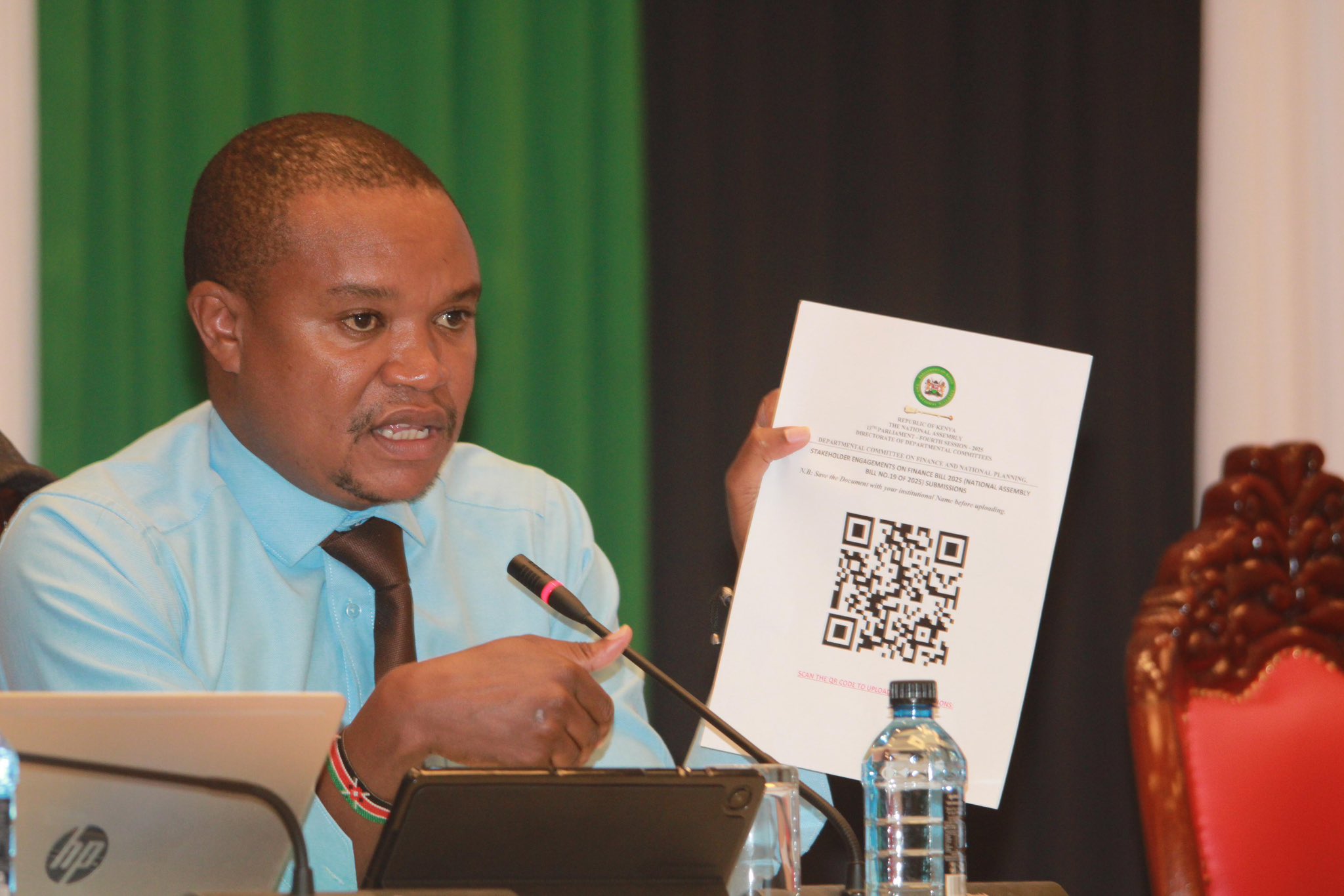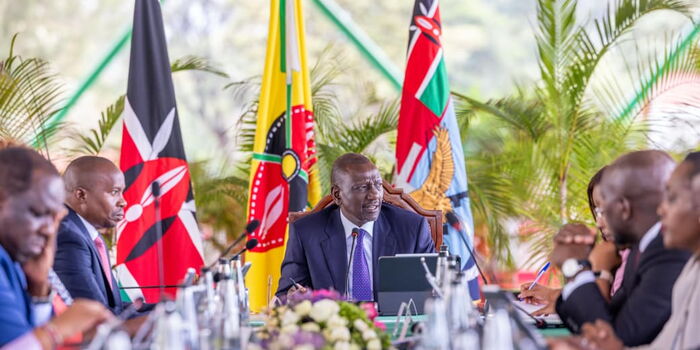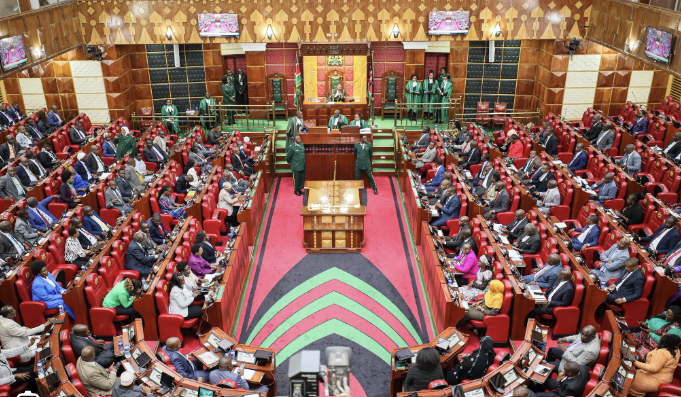Shockwaves are rippling through Kenya’s legal and financial sectors as the controversial Finance Bill 2025 faces a scathing rebuke from top legal and audit experts, who are warning of dire consequences if the current provisions go unchallenged.
The Law Society of Kenya (LSK), KPMG East Africa, Ernst & Young, and CDH Law Firm have united in an unusual show of force, blasting sections of the bill they say threaten both personal freedoms and economic stability.
At the center of the firestorm is a proposal that would grant the Kenya Revenue Authority (KRA) unchecked access to taxpayers’ personal data and trade secrets—even when a dispute is under appeal.
“This is a blatant violation of due process and the right to a fair hearing,” warned the LSK, calling the clause unconstitutional and deeply invasive.
But the outrage doesn’t stop there.
The bill also proposes making spouses legally liable for unpaid taxes owed by their partners—a move the legal fraternity has condemned as “dangerous, discriminatory, and socially destructive.”
“Tax default is a personal financial issue,” the LSK stated firmly. “Dragging innocent spouses into this mess is both legally flawed and morally wrong.”

KPMG East Africa echoed the alarm, also objecting to a clause that would allow KRA to publicly publish tax agency notices even when a taxpayer has launched a formal appeal. Critics argue this undermines the very foundation of Kenya’s justice system.
“Why even have an appeals process if the taxman can shame you in public before a verdict is reached?” one financial analyst questioned.
The bill doesn’t just stop at overreach—it also aims to delay refunds on overpaid taxes. The new timelines would stretch the current 90-day period to 120 days for initial claims, and from 120 to 180 days for reviews.
Analysts warn this move could cripple businesses by choking their cash flows and triggering broader economic instability.
And there’s more controversy brewing.
The government now wants to scrap a 15% income tax break previously given to companies that construct at least 100 housing units annually—a key incentive introduced in 2017 to boost affordable housing.
LSK and other stakeholders say revoking this tax break could scare off both local and foreign investors, stalling critical housing development across the country.
In response, Kurya Kimani, Chair of the National Assembly Finance Committee, gave a muted assurance: “We will consider your views as stated.”
Public hearings on the bill are now underway amid a heated national debate that also includes the Virtual Assets Providers Bill 2025, which could introduce sweeping new taxes on cryptocurrency.
As the Finance Bill 2025 inches closer to becoming law, the question Kenyans are asking is simple: Are we safeguarding the nation’s economy, or selling it out one clause at a time?












Leave a Reply